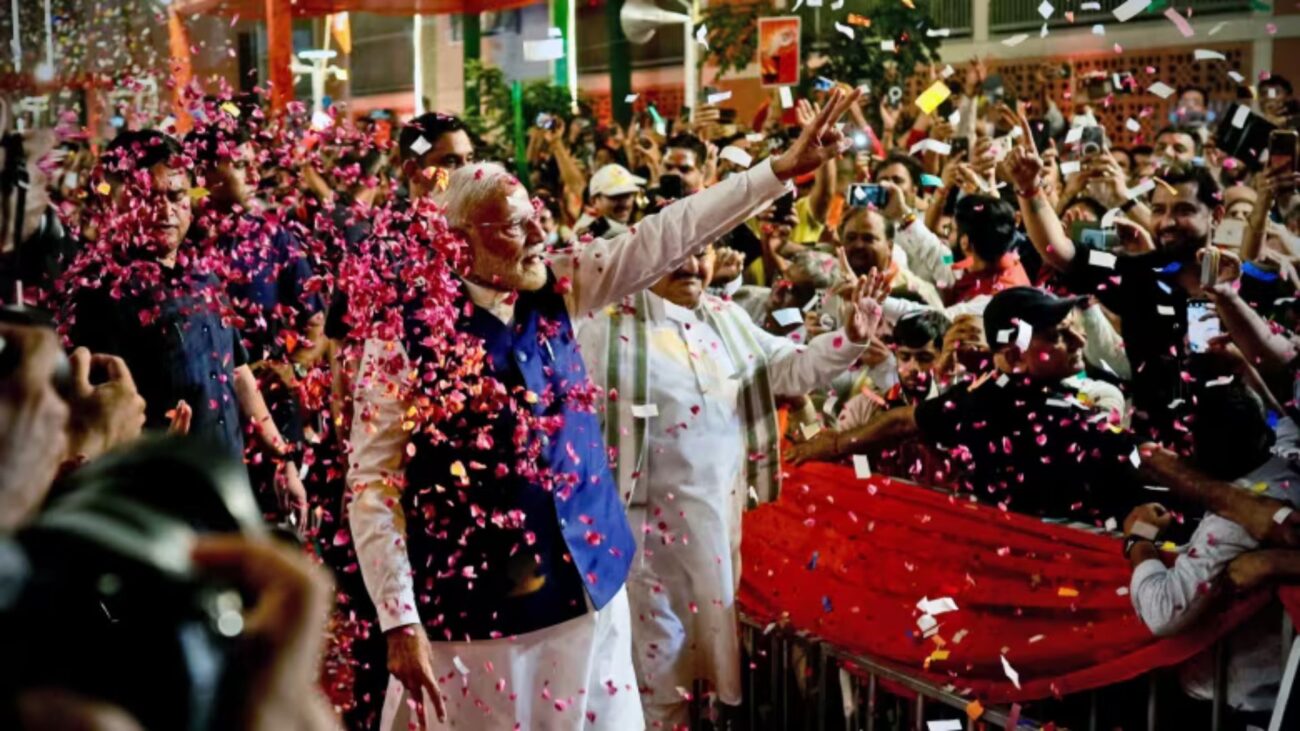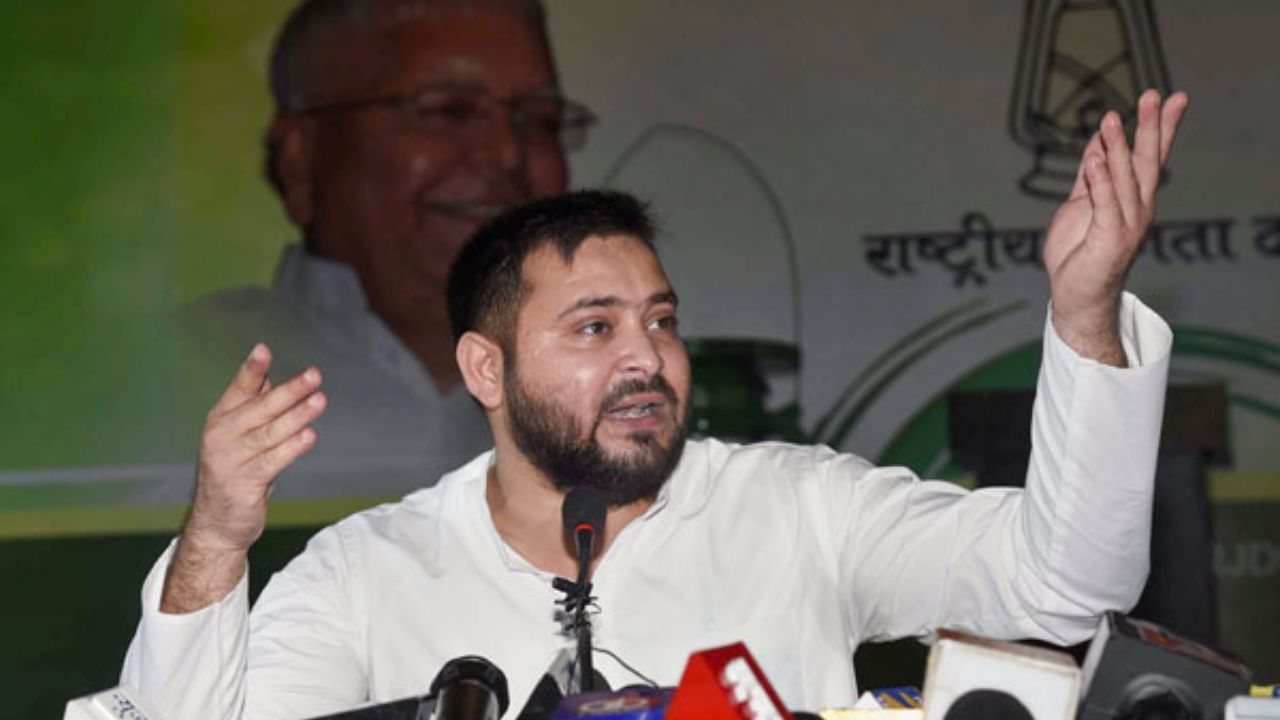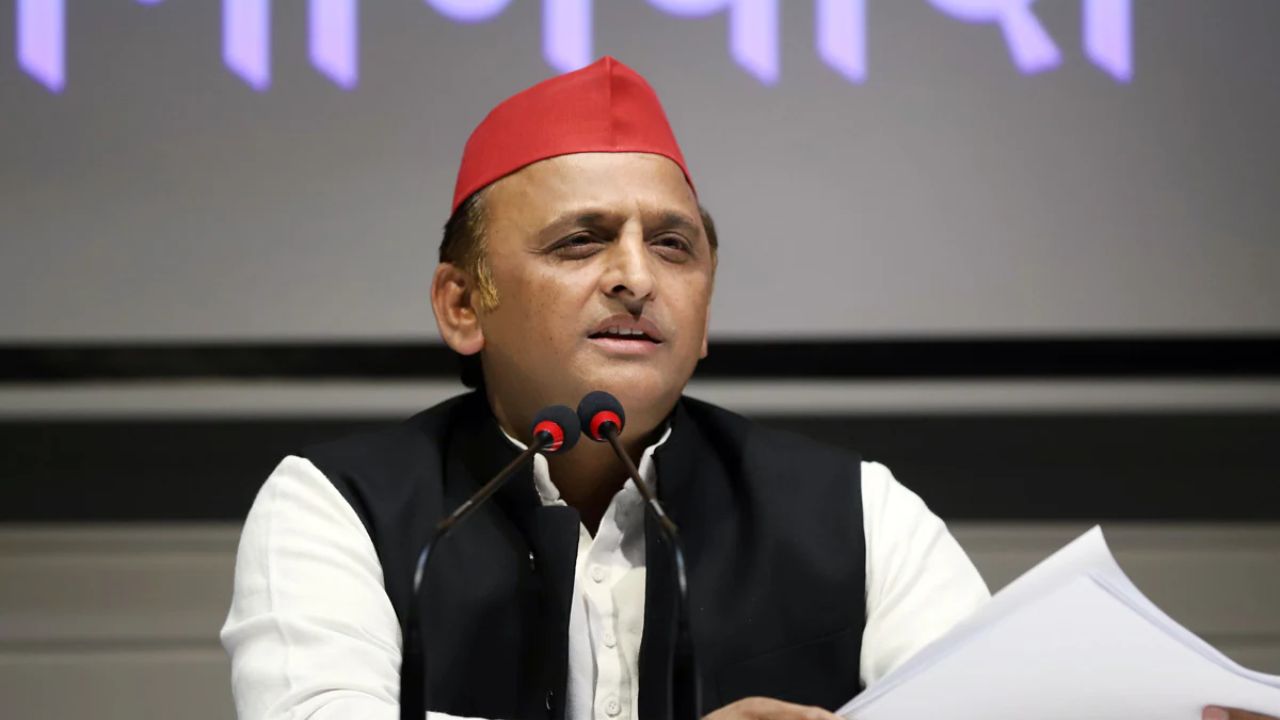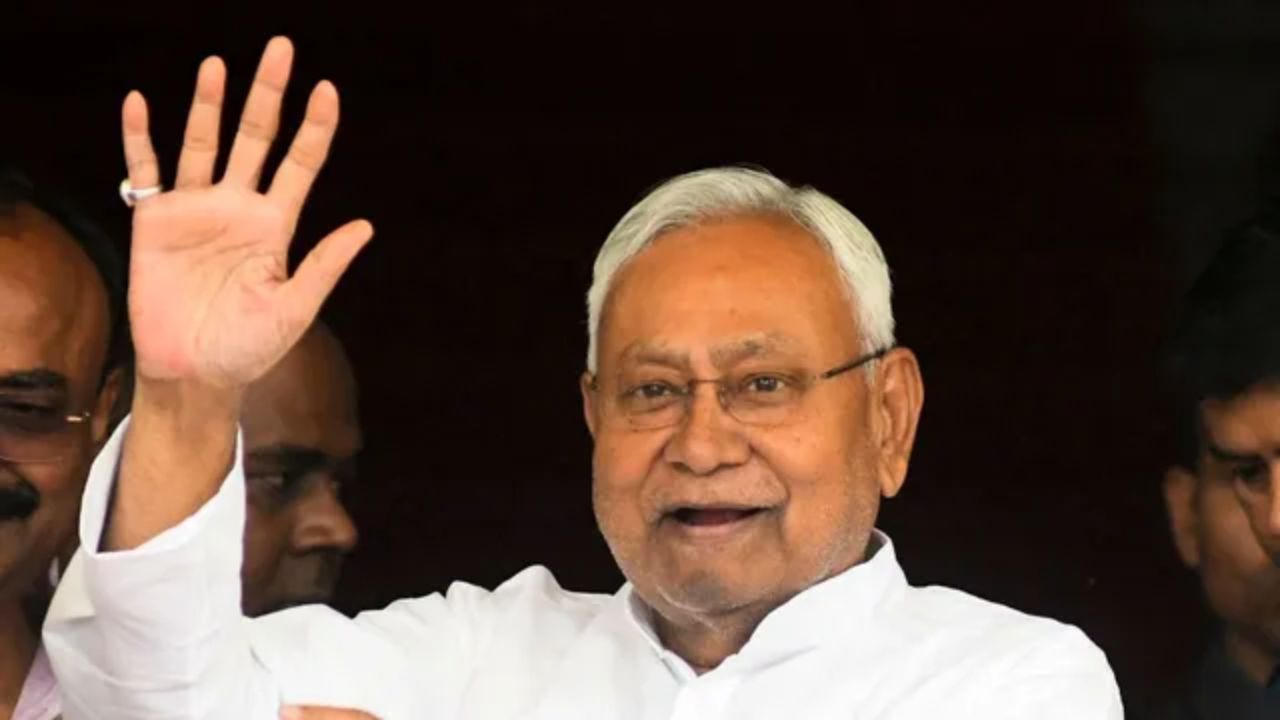In 2024, governments worldwide faced significant backlash, with one notable exception: Indian Prime Minister Narendra Modi.
The Global Backlash: A Deeper Look into Voter Discontent As 2024 unfolded, a broader global trend emerged: dissatisfaction with political leaders transcended national borders. Across continents, citizens of democracies and autocracies alike expressed frustration with their

The Global Backlash: A Deeper Look into Voter Discontent
As 2024 unfolded, a broader global trend emerged: dissatisfaction with political leaders transcended national borders. Across continents, citizens of democracies and autocracies alike expressed frustration with their governments, leading to significant electoral shifts. In many countries, incumbent parties faced unprecedented challenges, signalling a growing wave of voter unrest and a potential recalibration of global politics.
While economic issues and pandemic recovery have been at the forefront of many voters’ minds, other factors like rising inequality, the erosion of trust in political elites, and concerns over immigration have fueled discontent. This wave of dissatisfaction has been described as part of a broader crisis in democratic legitimacy, with some citizens questioning whether traditional political structures can still meet their needs in the face of modern challenges.
The Decline of Traditional Power Structures
In Western democracies, the “incumbent disadvantage” became a recurring theme. With 40 out of 54 elections resulting in the loss of office for sitting leaders, the year 2024 marked a decisive shift in the political landscape. The UK, in particular, saw a major change in power when the Conservative Party suffered its worst election result since 1832. The Labour Party’s victory highlighted the growing disillusionment with the status quo and voters’ desire for a change in leadership.
In France, the rise of the far-right underscored a broader European trend of increasing nationalism and scepticism towards the European Union. The French National Rally, led by Marine Le Pen, made significant strides, forcing President Macron to adjust his strategy. The tight results of the French parliamentary elections exposed the country’s deepening political divide, where the far-right’s anti-immigration and nationalist rhetoric gained a substantial foothold.
Similarly, in Germany, the far-right Alternative for Germany (AfD) party’s gains highlighted a shift away from traditional political allegiances. The growing prominence of nationalist movements in key EU member states signalled a broader crisis of confidence in mainstream parties and their ability to address economic and social issues.
Asia’s Unique Challenges
In Asia, voter discontent has been evolving and is shaped by both domestic and international factors. In South Korea, the Democratic Party’s success in April’s parliamentary elections signalled a shift in the political landscape. The ruling conservative party, struggling with economic challenges and public dissatisfaction, lost ground to opposition parties, which benefited from voters’ desire for change.
India, long seen as a bastion of political stability, also witnessed shifting dynamics. Despite expectations of a decisive victory, Prime Minister Modi’s BJP was dealt a significant blow in June’s elections. The loss of a parliamentary majority, though mitigated by alliances, revealed that even the country’s dominant political force was not immune to the growing discontent that had swept across the globe. Voters, disillusioned by economic challenges and a changing political environment, turned away from the BJP in significant numbers.
Japan, which the LDP has governed for nearly seven decades, also saw a shift in power. October’s elections delivered a strong message from the electorate, reflecting dissatisfaction with long-standing political structures and a desire for more responsive governance.
Africa’s Political Shifts and the Rise of Authoritarianism
In Africa, the trend of anti-incumbent sentiment was evident in many countries, particularly those with emerging democratic systems. South Africa, Senegal, and Botswana saw significant changes in leadership. Botswana’s ruling party, which had been in power for 58 years, faced an unprecedented defeat, signalling a shift in the political climate across the continent.
However, the situation in countries with authoritarian leaders, such as Rwanda, highlighted a different story. President Paul Kagame’s overwhelming victory in Rwanda stood in stark contrast to the rising anti-incumbent sentiments in other parts of the world. For many younger voters, the primary concerns were economic issues, such as the cost of living, with less emphasis on the historical struggles of decolonization and apartheid. This generational shift, coupled with financial instability, is shaping the political dynamics in African nations, making the future trajectory uncertain.
Mexico’s Exception in Latin America
Mexico stood as an anomaly in the midst of this global trend. While many other Latin American countries saw widespread dissatisfaction with incumbents, Mexico remained relatively stable. President Andrés Manuel López Obrador’s handpicked successor, Claudia Sheinbaum, secured an easy victory in the June presidential election, defying the global wave of discontent. Unlike many of their counterparts, Mexican voters showed significant satisfaction with the country’s economic situation, further distinguishing Mexico’s political landscape from broader regional trends.
Mexico’s relative political stability amidst global unrest can be attributed to its unique circumstances, including relatively lower levels of economic hardship compared to other parts of Latin America. Moreover, Sheinbaum’s election campaign capitalized on López Obrador’s social welfare programs, which helped boost her popularity among voters seeking continuity.
Conclusion: A Changing Global Landscape
The events of 2024 underscore a critical moment in global politics. Across the world, governments, whether entrenched in democratic traditions or authoritarian rule, are grappling with the pressures of an increasingly dissatisfied electorate. While traditional power structures remain resilient in some regions, the shifting political tides suggest that change is imminent.
For democracies, this global backlash represents a wake-up call, challenging the foundations of political legitimacy and the role of incumbent parties. As citizens continue to question whether their leaders are adequately addressing their concerns, the future of global governance appears more uncertain than ever.
In Asia, Africa, and Latin America, voter discontent is reshaping political landscapes, while in Western democracies, the rise of nationalist and far-right movements signals a deeper polarization. For many, 2024 may be remembered as the year when the global political system began to show signs of strain, with the future of democracy hanging in the balance.





